The continent of Australia is home to a wide variety of wonderfully weird mammals—kangaroos, wombats, and koalas among others. But the re-discovery of a specimen over a hundred years old raises new hopes that Australia could harbor another wonderful mammal. Examining museum specimens collected in western Australia in 1901, contemporary mammalogist Kristofer Helgen discovered a western long-beaked echidna (Zaglossus bruijnii). The surprise: long-beaked echidnas were supposed to have gone extinct in Australia thousands of years ago.
“Sometimes while working in museums, I find specimens that turn out to be previously undocumented species,” Helgen, who has published his findings in ZooKeys, said. “But in many ways, finding a specimen like this, of such an iconic animal, with such clear documentation from such an unexpected place, is even more exciting.”
Helgen believes that the fact the western long-beak echidna survived until 1901 means there is a chance that it could still roam Australia today. The species still dwells on the island of New Guinea, but is considered Critically Endangered by the IUCN Red List due to forest loss and hunting.
Only four species of echidna are found on Earth. One, the short-beaked echidna (Tachyglossus aculeatus), is still found in Australia. While the other three—all long-beaked echidnas and all considered Critically Endangered—are only found on New Guinea. Long-beaked echidnas are considerably larger than their short-beaked relative, weight up to 36 pounds (16.5 kilograms), more than triple the weight of the short-beaked echidna which weighs at most only 11 pounds (5 kilograms). In addition, as their names suggest, long-beaked echidnas sport a much longer snout. They are different enough from their short-beaked cousins that they are in their own genus, Zaglossus.



Read full article on Mongabay.com. Lead Image Source: Kristofer Helgen comes face to face with a long-beaked echidna in New Guinea. Photo by: Tim Laman.

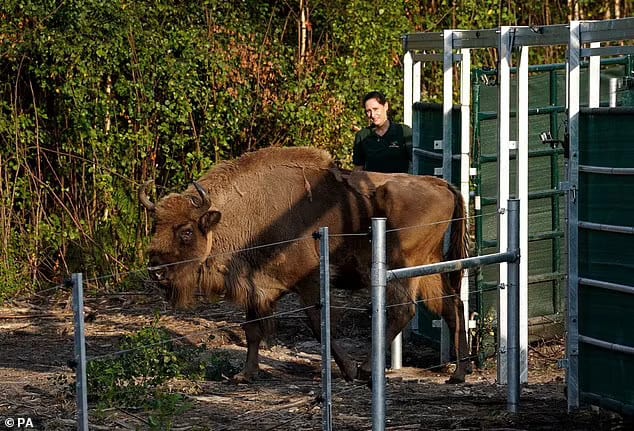

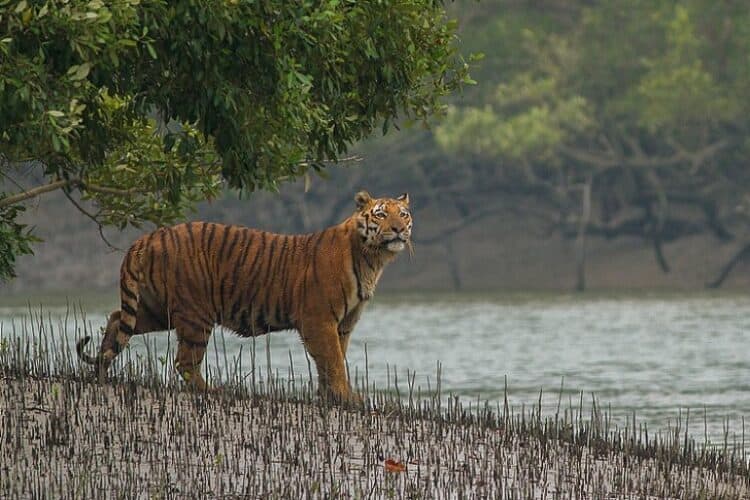
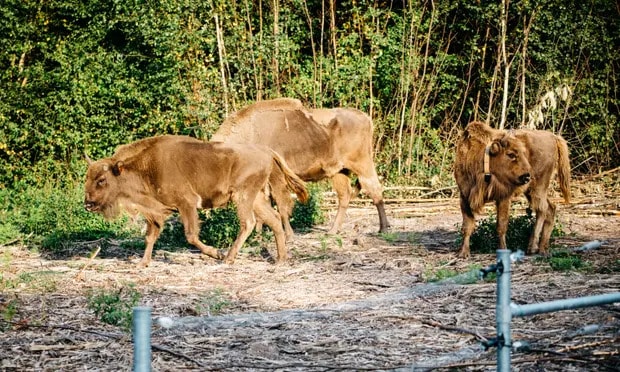
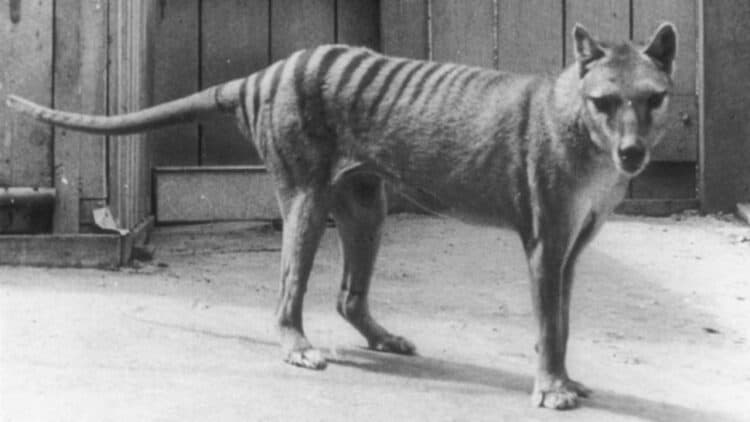
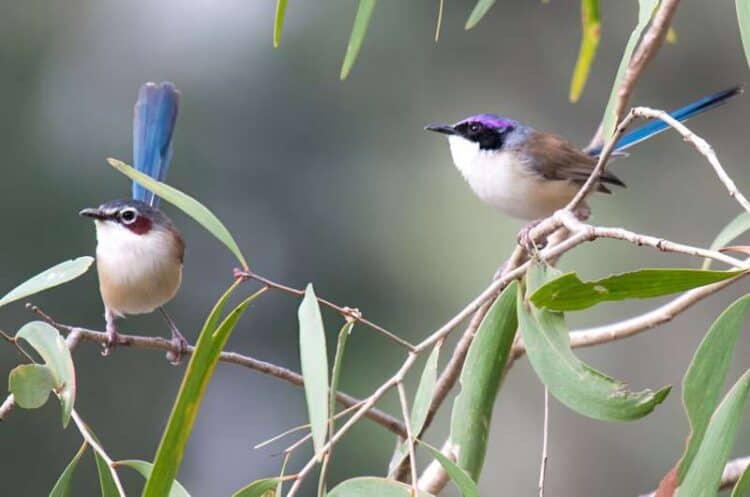
Leave a Reply